Streamlined cost management
Eliminate complex spreadsheets and manual calculations associated with costing your transport jobs
Eliminate complex spreadsheets and manual calculations associated with costing your transport jobs

Automation reduces the risk of manual errors, ensuring precise billing and fostering trust with clients.

Streamlined invoicing accelerates the order-to-cash cycle, improving cash flow and reducing manual admin for faster payments.

Our solution adapts to the evolving needs of your business, supporting growth and diversification without compromising performance.
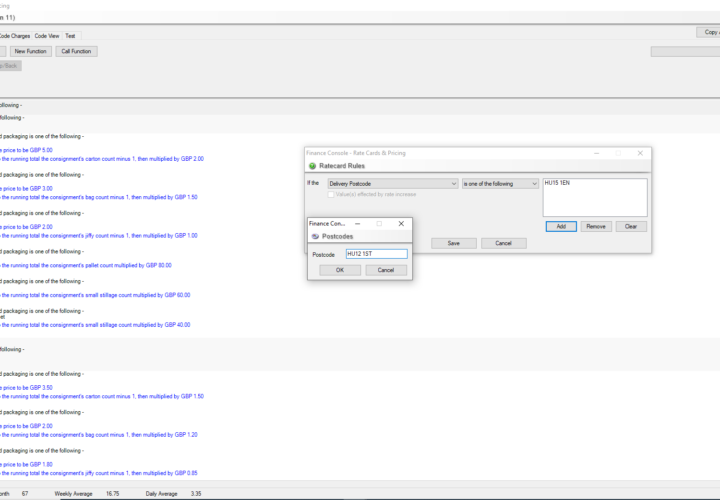
Apply customisable rate cards to specific customers, making job costing intuitive and precise. This automation reduces manual errors and accelerates the billing cycle.
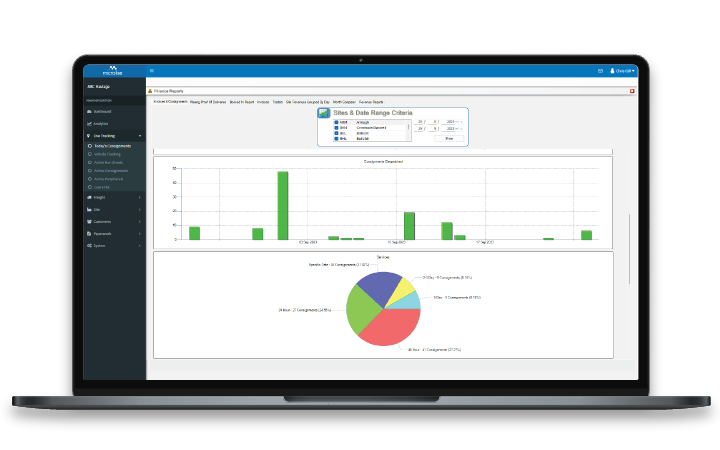
Manage the entire lifecycle of transport orders, from initial receipt through to final invoicing, within a single integrated platform. This cohesive approach eliminates data silos and fosters operational efficiency.
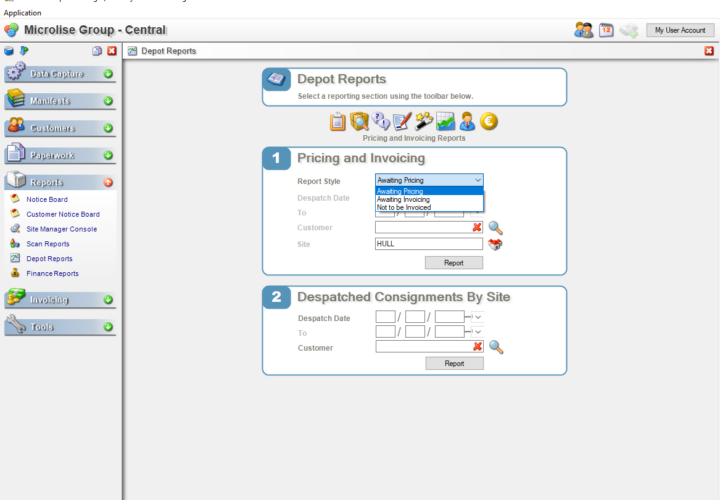
Access a comprehensive history of all your invoices, making it easy to reference past transactions and track payment trends.

Monitor cost-based metrics in real-time, providing immediate insights into contract profitability and financial health. Stay informed and make data-driven decisions to keep projects on track and within budget.
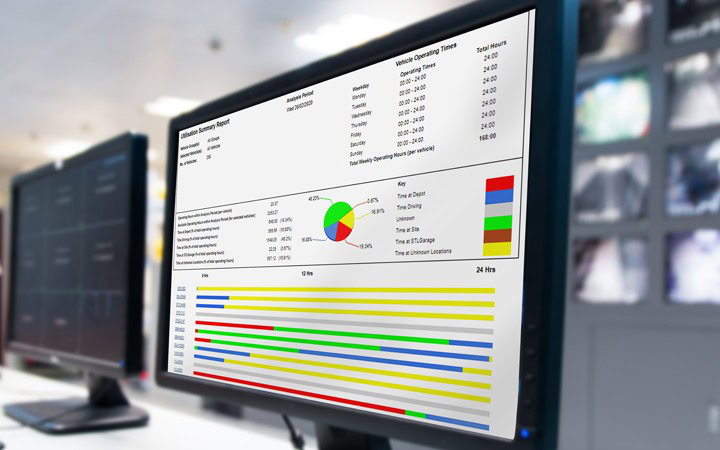
Utilise reporting tools to generate:
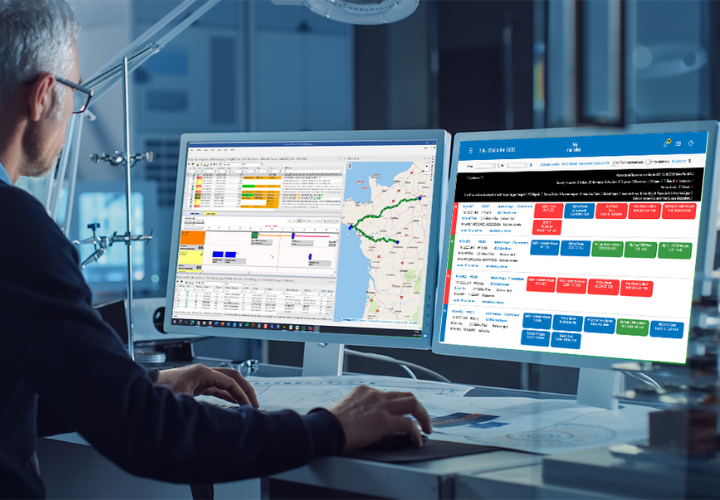
Automatically capture and store purchase invoices and related documents such , ensuring all financial records are organized and easily accessible. This integration streamlines audits and enhances transparency.
A costing module within a Transport Management System (TMS) is a component that calculates and manages the various costs associated with transportation operations. It plays a critical role in helping businesses control expenses and make informed decisions. This module typically includes features such as:
Freight Rate Calculation: It computes transportation costs based on factors like distance, weight, volume, and the chosen carrier.
Carrier Negotiation: The module aids in carrier rate negotiations, allowing businesses to secure the most cost-effective shipping agreements.
Cost Allocation: It helps distribute transportation costs across various departments or customers, ensuring accurate cost attribution.
Cost Tracking: The module monitors ongoing expenses, allowing real-time visibility into transportation costs.
Scenario Analysis: Users can model different transportation scenarios to determine the cost implications of various strategies.
In essence, the costing module in a TMS empowers businesses to optimize transportation spending, enhance profitability, and make data-driven decisions to improve their supply chain and logistics operations.
The benefits of a costing module within a Transport Management System (TMS) are substantial:
Cost Control: It enables businesses to accurately calculate and manage transportation costs, helping them stay within budget and avoid unexpected expenses.
Data-Driven Decision Making: The module provides valuable insights into cost structures, allowing for informed decisions regarding carrier selection, shipping routes, and overall logistics strategies.
Efficient Resource Allocation: With cost allocation features, businesses can distribute transportation expenses more accurately, which is essential for profit optimization and cost recovery.
Rate Negotiation: A costing module assists in carrier rate negotiations, enabling companies to secure more favorable shipping agreements and reduce expenses.
Real-time Visibility: It offers real-time cost tracking, ensuring that companies have immediate access to transportation cost data for improved financial planning.
Scenario Analysis: Users can model and assess different transportation scenarios, aiding in strategic planning and cost-saving initiatives.
In summary, a costing module in a TMS enhances cost control, cost transparency, and cost optimization, ultimately improving the efficiency and profitability of transportation and logistics operations.
A costing module within a Transport Management System (TMS) is essential for several reasons:
Cost Control: It allows businesses to precisely calculate and manage transportation expenses, helping them stay within budget and reduce operational costs.
Informed Decision-Making: The module provides valuable insights into the cost structure of transportation operations, enabling informed decisions regarding carrier selection, shipping routes, and logistics strategies.
Efficiency and Profitability: By optimizing transportation costs, a costing module contributes to improved profitability, allowing businesses to allocate resources efficiently and maximize returns.
Rate Negotiation: It aids in carrier rate negotiations, enabling companies to secure more favorable shipping agreements and reduce overall transportation expenses.
Real-time Visibility: With real-time cost tracking, businesses have immediate access to transportation cost data for better financial planning and control.
Scenario Analysis: The module supports the modeling and assessment of different transportation scenarios, facilitating strategic planning and cost-saving initiatives.
In summary, a costing module in a TMS is crucial for financial control, informed decision-making, and overall efficiency in transportation and logistics operations.